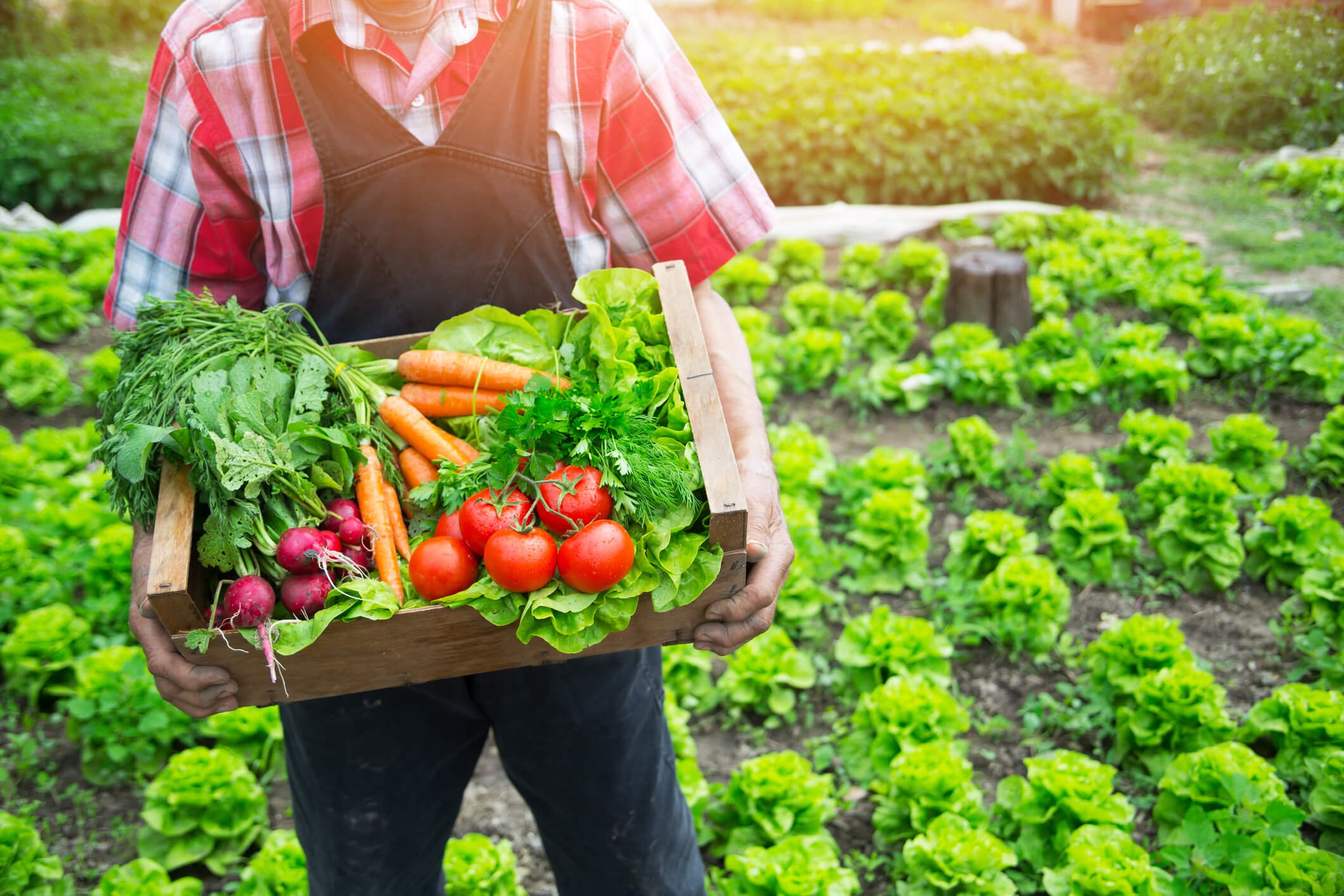
09.24.2023 / 14002 Views
Organic gardening is not just a method; it's a way of life that harmonizes with nature, respects the environment, and produces wholesome, chemical-free food. At its core, organic gardening is about nurturing the soil, fostering biodiversity, and working in harmony with the natural world. Whether you're an experienced gardener or a beginner embarking on this sustainable journey, understanding the techniques and tips for taking care of your soil and plants organically is the key to a thriving, eco-friendly garden. In this comprehensive guide, we will delve into the world of organic gardening, exploring the practices and principles that will help you grow vibrant, healthy plants while preserving the health of our planet.
The Essence of Organic Gardening
Organic gardening is a philosophy that embraces the principles of sustainable and regenerative agriculture. It aims to cultivate healthy soil, promote biodiversity, and minimize the use of synthetic chemicals. At its heart, organic gardening recognizes the interconnectedness of all living things in the garden ecosystem. Here are some core principles:
1. Soil Health Is Paramount
In organic gardening, soil is not just a medium for plants to grow; it's a living, breathing ecosystem in itself. Healthy soil teems with beneficial microorganisms, earthworms, and other soil life that work together to provide plants with the nutrients they need. The key to organic gardening success lies in nourishing and preserving the vitality of your soil.
2. Avoid Synthetic Chemicals
Organic gardeners steer clear of synthetic pesticides, herbicides, and fertilizers. Instead, they rely on natural alternatives like compost, organic mulches, and beneficial insects to maintain a balanced garden ecosystem.
3. Promote Biodiversity
Diverse plantings attract a variety of insects, birds, and beneficial predators, creating a balanced ecosystem that can help control pests naturally. Companion planting is a common practice in organic gardens, where specific plant combinations are chosen to benefit each other.
4. Sustainable Practices
Organic gardeners prioritize sustainable practices, such as water conservation, responsible waste management, and the use of renewable resources. These practices reduce the garden's environmental footprint.
Taking Care of Your Soil
1. Composting
Composting is the cornerstone of organic gardening. It transforms kitchen scraps, yard waste, and organic matter into nutrient-rich compost that enriches your soil. Start a compost pile or use a compost bin, and regularly add organic materials like vegetable peels, leaves, and grass clippings. Over time, your compost will become "black gold" for your garden.
2. Mulching
Mulching is essential for retaining soil moisture, regulating temperature, and suppressing weeds. Organic mulches like straw, wood chips, and leaves break down over time, enriching the soil as they decompose. Apply a thick layer of mulch around your plants to mimic nature's forest floor.
3. Crop Rotation
Rotate your crops each season to prevent the buildup of pests and diseases. Different plants have unique nutrient needs and may attract specific pests. By moving crops around, you can disrupt pest cycles and maintain soil health.
4. Cover Cropping
Plant cover crops like clover or vetch during the off-season or in between main crops. These cover crops protect the soil from erosion, improve its structure, and fix nitrogen, enriching the soil naturally.
Nurturing Your Plants Organically
1. Natural Pest Control
Organic gardeners rely on beneficial insects like ladybugs and parasitic wasps to control garden pests. Planting flowers such as marigolds and daisies can attract these allies to your garden. Neem oil and garlic spray are also effective organic solutions for deterring common garden pests.
2. Organic Fertilizers
Organic fertilizers like compost, well-rotted manure, and bone meal provide essential nutrients to your plants in a slow-release, natural form. These materials improve soil structure and microbial activity while avoiding the chemical runoff associated with synthetic fertilizers.
3. Weed Management
Mulching and regular weeding are the primary methods for managing weeds organically. Hand pulling or using a hoe to remove weeds before they go to seed can help prevent weed infestations.
4. Proper Watering
Water your plants deeply but less frequently to encourage deep root growth. Drip irrigation or soaker hoses can help minimize water wastage, and collecting rainwater in barrels provides a sustainable water source.
Conclusion
Organic gardening is not just about growing plants; it's about fostering a relationship with the natural world and cultivating a sustainable, regenerative ecosystem in your backyard. By nurturing your soil through composting, mulching, and cover cropping, and by caring for your plants with natural pest control methods and organic fertilizers, you can create a garden that is not only beautiful and productive but also environmentally responsible.
Remember, organic gardening is a journey of continuous learning and adaptation. As you embark on this path, embrace the joy of discovery, be patient with challenges, and celebrate the beauty of a garden that thrives in harmony with nature. Your efforts will not only yield a bountiful harvest but also contribute to the well-being of our planet, one garden at a time. Happy organic gardening!